Latest Blog Posts
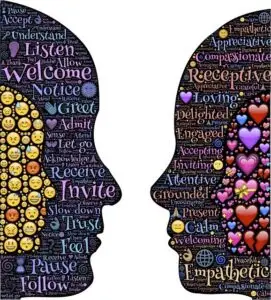
Person Centred Therapy
It has been proven through studies that clients get the best results from therapy when certain conditions are met in the relationship between the counsellor and the client. The counsellor needs to be warm, genuine, non-judgmental and empathic and the client

Panic Disorders
A person with a panic disorder will often have overwhelming feelings of stress and anxiety which will at times become full blown panic attacks. This is when a person hyperventilates, can feel as though they are out of body and looking
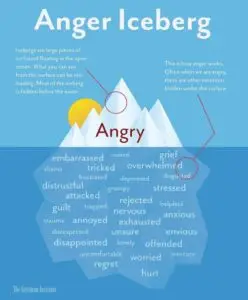
The Anger Iceberg
The Anger Iceberg reminds us that when we are feeling angry we are often protecting ourselves from other emotions. Anger is a useful tool as it is full of energy which helps us to act and it keeps others away from

The International Trauma Questionnaire
The International Trauma Questionnaire focuses on defining whether a person has Post Traumatic Stress Disorder which consists of: Re-experiencing in the here and now Avoidance Sense of current threat or Complex Post Traumatic Stress Disorder which also includes: Affective dysregulation Negative
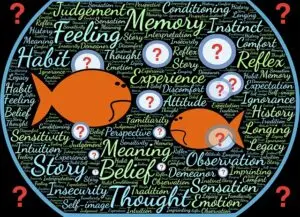
Why Some People Do Not Know They Have Trauma
We learn to defend ourselves from the world at a very young age. These defences become ingrained and we think they are parts of our personalities. We may often dismiss our defences as ‘that’s just me.’ Defences are ingenious as they

The Effects of a Difficult Childhood
A difficult childhood can be defined as one where one or both parents may have been in addiction, have had a difficult childhood themselves that they never dealt with, they may have had anger issues and therefore were frightening, or they
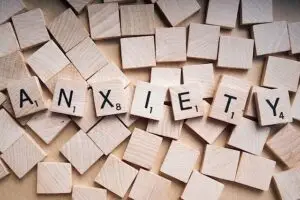
Anxiety
Anxiety is a feeling of unease, worry or fear, that can be mild or severe. Some people find it hard to control their worries and this can often affect their daily lives. Having issues with anxiety for more than six months

Why We Self-Sabotage
Why Do We Self-Sabotage? Self-sabotage can be defined as acting in a way that is detrimental to both our well-being and to reaching our potential. Self-sabotage can be either conscious or subconscious and is expressed in our behaviours when we undermine
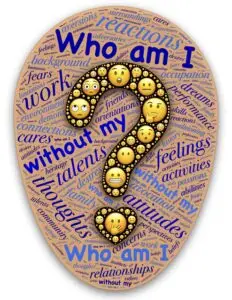
How Does Counselling Work?
Often in life, we may feel that we talk but others do not really listen, or that we are not worth listening to and then we may keep our thoughts and feelings to ourselves. If we have come from a dysfunctional


